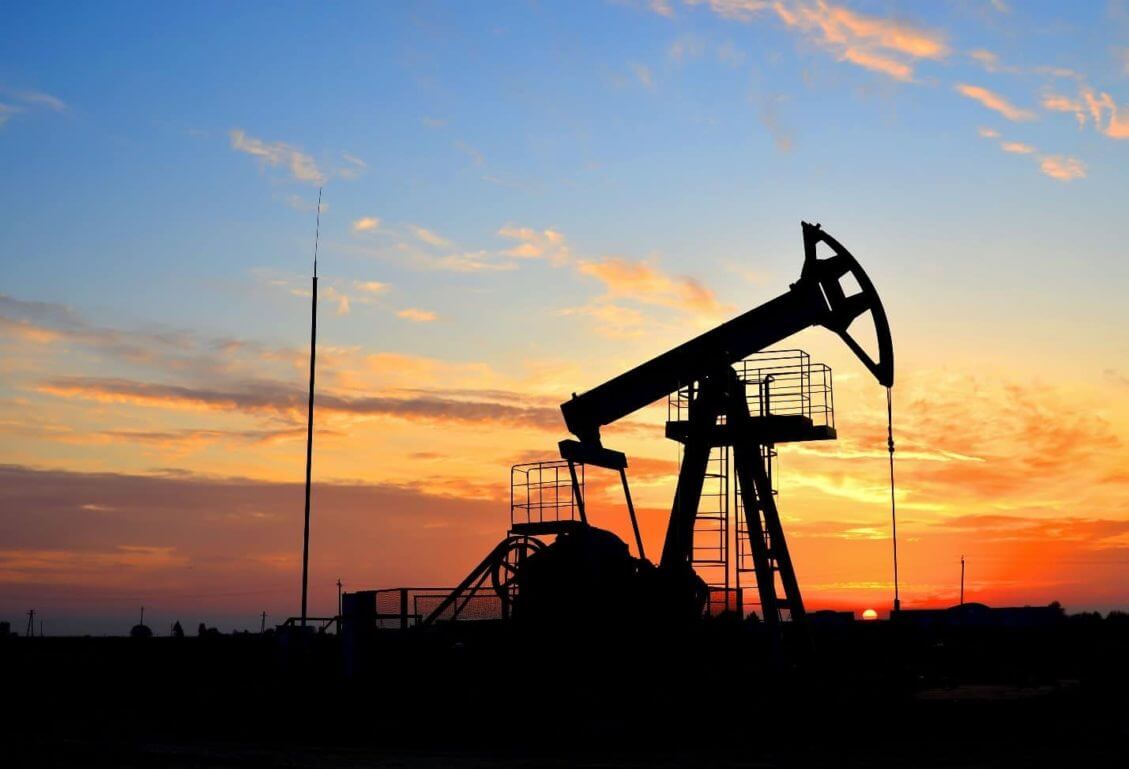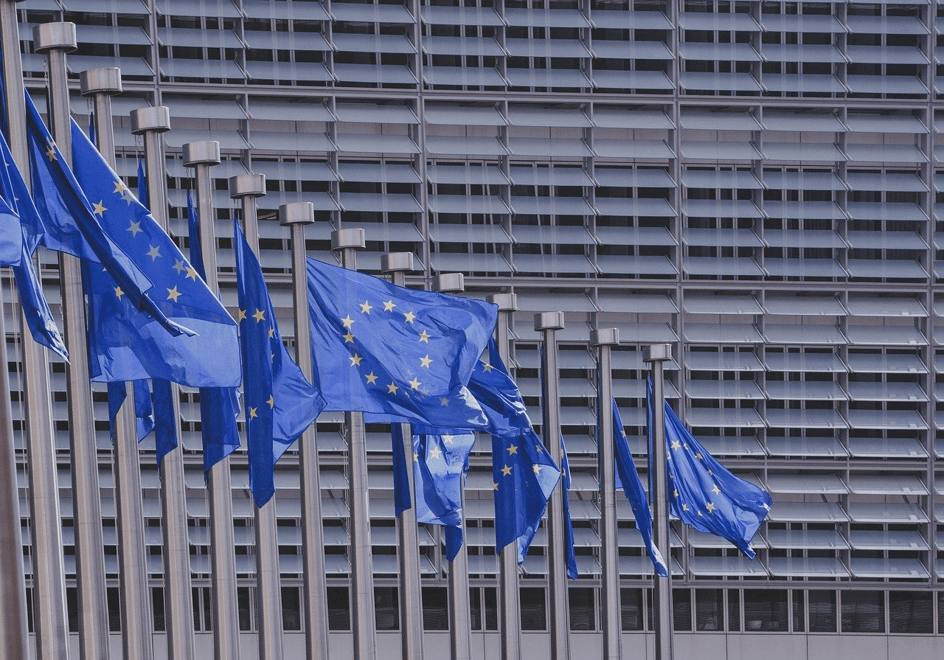
Oil Prices Extended Gains but Fear Their First Weekly Loss
Oil prices maintained gains on Friday but were on track for their first weekly loss in three weeks. Concerns about inflation and China’s COVID lockdowns slowed the global economy, offsetting worries about Russia’s declining fuel supplies.
Brent crude prices were up $1.81, or 1.7 percent, at $109.26 a barrel at 0403 GMT; meanwhile, WTI crude futures in the United States were up $1.55, or 1.5 percent, at $107.68 a barrel.
The potential of a European Union embargo on Russian oil limiting supplies and fears about falling global demand continue to push and tug the market. Inflation and aggressive interest rate hikes have driven the US dollar to 20-year highs; this limited oil price gains because a stronger dollar makes oil more expensive when purchased in other currencies.
On the other hand, analysts remain concerned about the likelihood of a European Union ban on Russian oil following Moscow’s penalties this week on European units of state-owned Gazprom and Ukraine’s shutdown of a crucial gas transit route.
The IEA warned almost precisely a year ago that no new gas, oil, or coal production could begin this year; this was because the world had to limit global warming to 1.5 degrees Celsius. This discovery sent shockwaves through nations in the run-up to the UN Cop26 climate summit in Glasgow in November. Leaders committed to presenting national plans in line with the 1.5C limit.

Europe’s top oil firms blowout earnings
Europe’s leading oil companies recorded record profits for the first quarter, as oil and gas prices skyrocketed due to the European energy crisis and Russia’s invasion of Ukraine. All three most prominent producers and traders—Shell, BP, and TotalEnergies—reported their most excellent quarterly earnings in years; they cited “outperforming” and “extraordinary” trading results, rising oil and natural gas prices, and higher refinery margins.
It is common knowledge that trading in turbulent markets generates significant profits for trading firms and trading divisions; however, none of the three major European oil and gas companies have a separate “trading result” line on their balance sheets.
BP, Shell, and TotalEnergies’ top executives shed some insight on the trading industry on results calls. Still, none went on the public to calculate earnings from crude oil, refined products, or liquefied natural gas (LNG) trading. According to BP, the excellent first-quarter earnings were “driven by extraordinary oil and gas trading, greater oil realizations, and a stronger refining result, partly offset by the absence of Rosneft from the first quarter underlying result.”
“A great gas marketing and trading result, albeit lower than in 2021,” the business said.
Nonetheless, oil and gas trading at the supermajors expect to remain strong in the coming quarters, given the volatile energy markets and expectations of even more volatility in the wake of Russia’s war in Ukraine, the EU embargo on Russian oil imports, China’s oil demand trends, and the impact of inflation and interest rate hikes on economic growth.

OPEC cuts global oil demand growth forecast
Slower global economic development, China’s war against COVID, and Russia’s invasion of Ukraine forced OPEC to cut its international oil demand growth projection for 2022 for the second month in a row.
OPEC cut its oil demand growth forecast for 2022 by 480,000 BPD in April, citing lower-than-expected global economic growth due to Russia’s war in Ukraine and the reintroduction of COVID lockdowns in China.
The cartel reduced its global economic growth projection to 3.5 percent from 3.9 percent in this month’s report; they made this change after they revised it to 3.9 percent from 4.2 percent in April.
OPEC stated of the global economy, “The upside potential to the current forecast is relatively limited.”
However, it could resolve the Russia-Ukraine conflict, fiscal stimulus where available; moreover, it could help receding pandemic, combined with a significant increase in service sector activity.”
OPEC forecasts 3.36 million BPD growth in 2022 over 2021, a 310,000 BPD decrease from last month’s projection. Nonetheless, according to OPEC’s latest prediction, global oil consumption should exceed 100 million barrels per day (BPD) this year.




